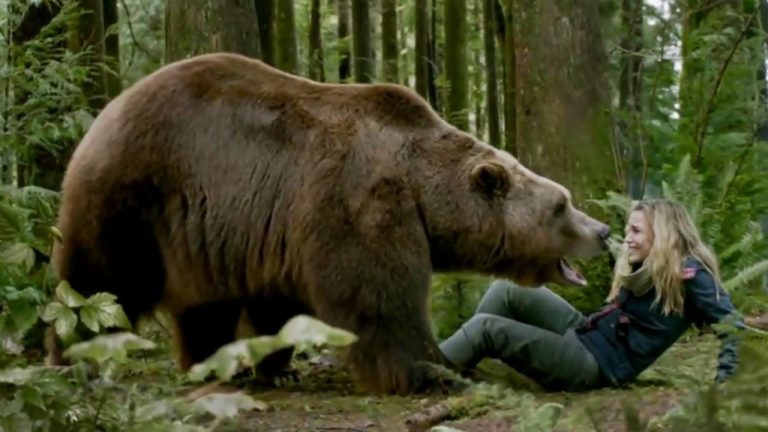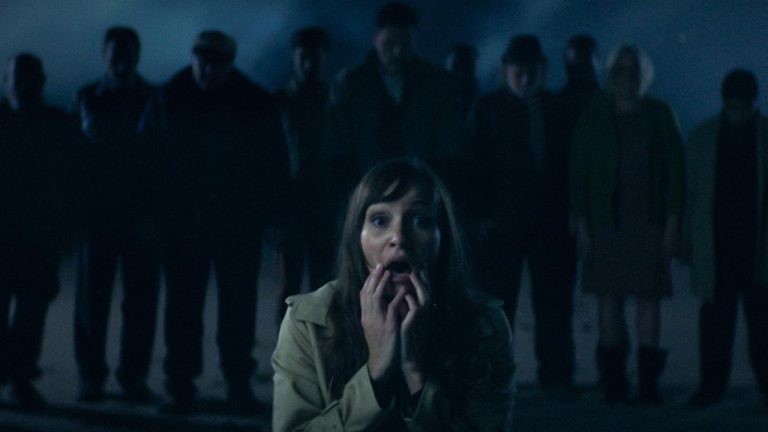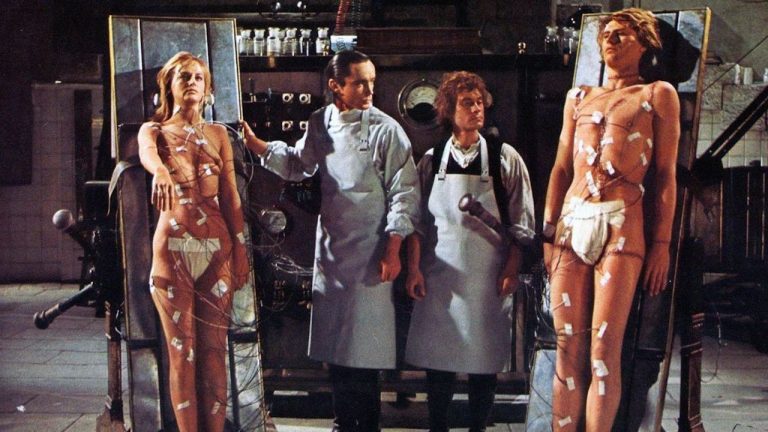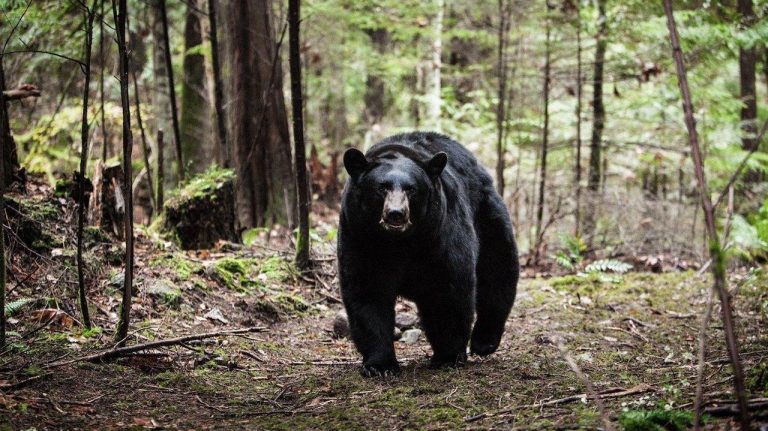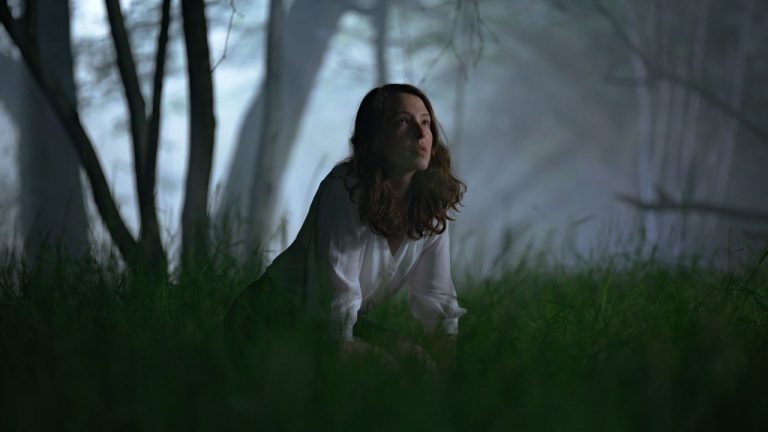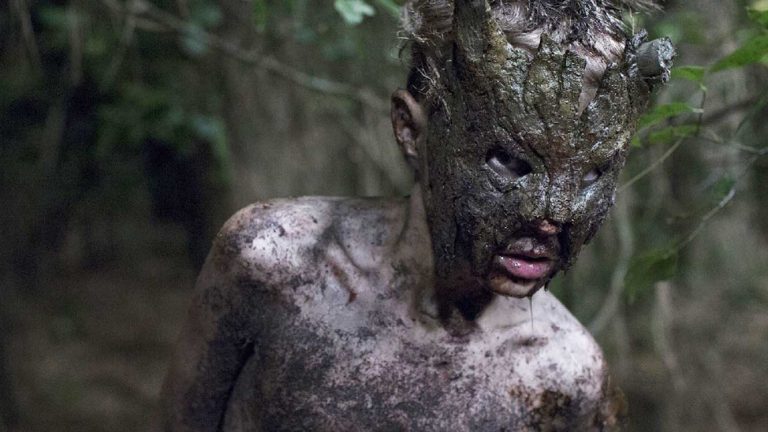
As luck would have it, right on the back of EVOLUTION, another Metrodome release…
SPRING (2014) is a film by Justin Benson and Aaron Moorhead where the drama plays better than the horror… It’s a story of a young man (Evan/Lou Taylor Pucci) taking a spontaneous visit to Italy after both his father and mother die in rapid succession. A young life interrupted, Evan labours for bed and board with an old farmer (Angelo/Francesco Carnelutti) and develops a steady sexual relationship with a student of antiquity, Louise (Nadia Hilker).
So far, so BEFORE SUNRISE*… and it all works pretty well, the relationships are engaging – particularly when cross-generational issues become central to the plot – and the location is both arrived at and exploited to great effect. The performances are mostly spot on and the writing feels sharp, particularly lines about white tourists’ travel preferences and how all Americans act like historians when shown something from WWII…
It’s just a shame they decided to make SPRING into a monster movie… Without giving away any more spoilers than the strapline, Louise has a hidden past and a very real identity that’s bursting to get free. It’s just that the first reveal blows its load way too soon, making everything else feel like a series of drunken, unrewarding fumbles with the formula. It’s also one of those plots where there’s an important decision to make using the film’s own explanation of what’s going on… but this gets repeated so many times in a few short minutes, logic gets twisted and tension dips. Characters who had been talking like believable folk sudden become fonts of Byzantine exposition. By the time of the film’s closing sequence (made more eye-rolling than emotional due to an entirely unnecessary digital extension to the landscape…) I’d lost the ability to care.
There’s a potentially intriguing creature wriggling in the corner, something not far off the melting pot of forms you get in John Carpenter’s THE THING. This load of monstrous DNA on random shuffle gets delivered in a combination of practical and digital FX, nudging occasionally for gross-out giggles that don’t quite fit. Ultimately, the creature’s ambiguous shape-shifting suggests what’s wrong with the movie: both struggle to find definite form (and are massively oversold by the film’s various poster designers…).
The ungainly strapline “Love is a monster” similarly fails to bring the project into sharp enough focus. If I understood the climax correctly (see above…), love can conquer biology but the ultimate horror here remains women’s bodies, which is a retrograde plot device as ancient as the seven hills of Rome. Now, I don’t object to yesterday’s exploitation shockers dancing like a crazy uncle – it’s part of their attraction after all – but there’s little need for modern filmmakers to hog the dance floor with the same routine.

IN BRIEF: A young man on his travels falls in love with a shape-shifting monster who’s struggling to keep her shit together.
STRAPLINE: “Love is a monster.”
*I’d written this review before googling the movie poster: “A hybrid of Richard Linklater & HP Lovecraft.” (rogerebert.com).
Streamed late at night on Prime Video UK.



